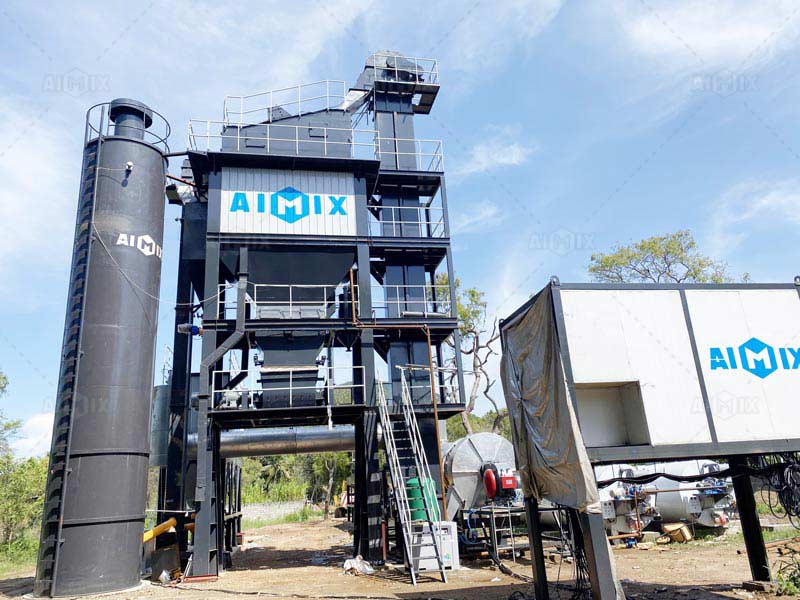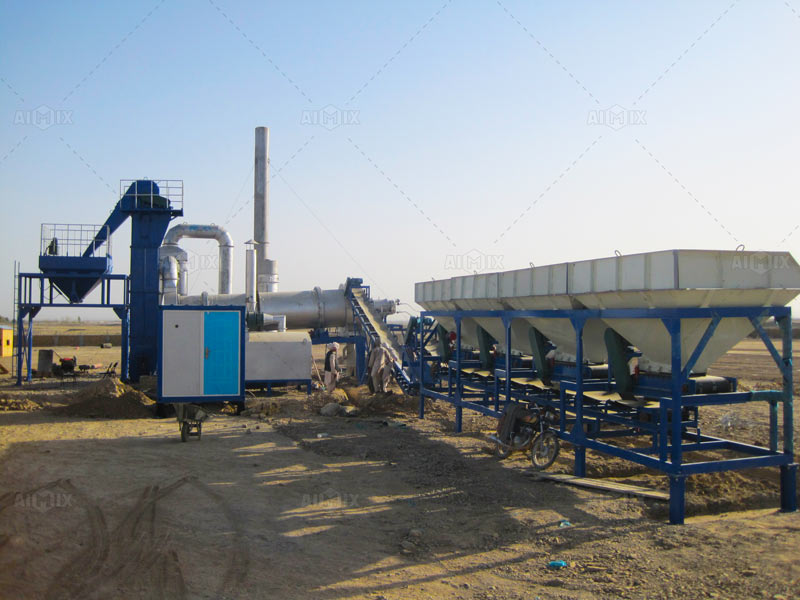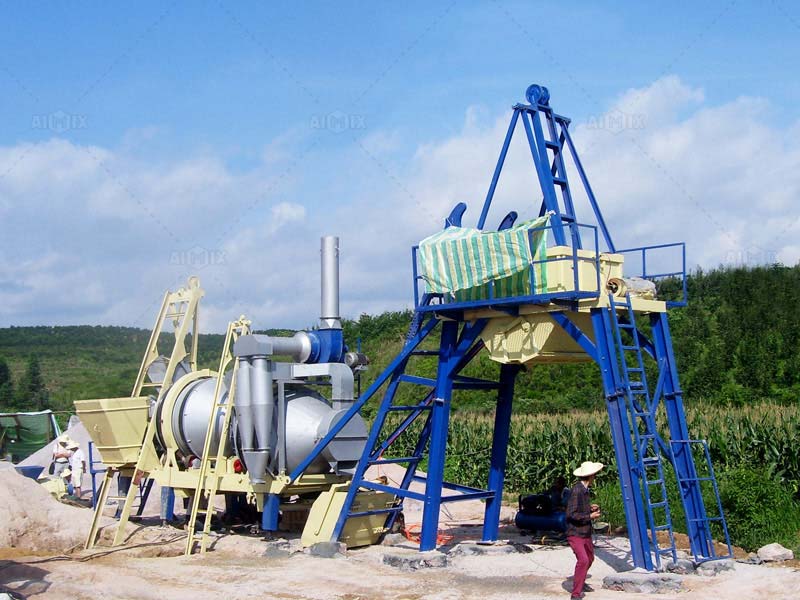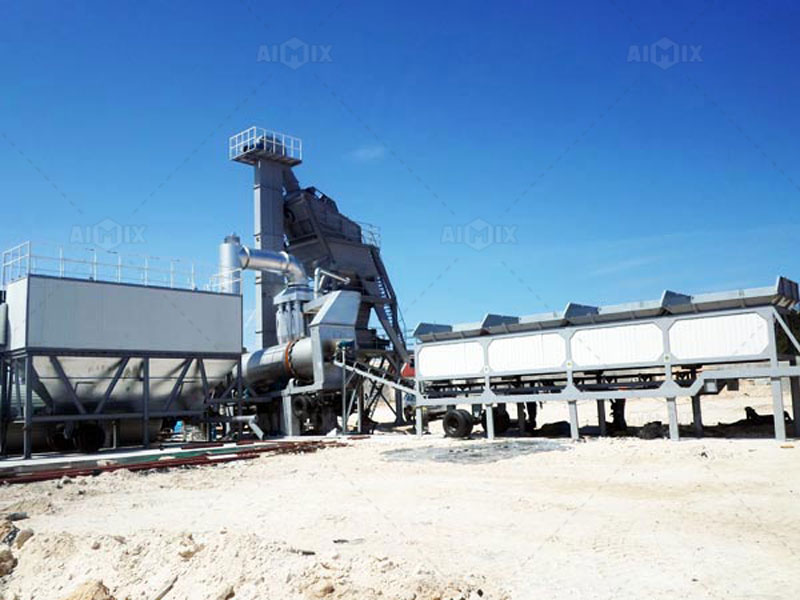Smooth roads are essential for efficient transportation and safe travel. Behind the scenes of every well-paved road lies the intricate process of asphalt production, where the AMP Aspal Mixing Plant plays a vital role. This article delves into the inner workings of an AMP Aspal Mixing Plant, exploring its components, the journey of raw materials, the mixing process, quality control measures, and its contribution to sustainability.

The Journey of Raw Materials
The production of asphalt starts with carefully selected raw materials. Aggregates, such as crushed stone, gravel, and sand, are sourced from quarries and undergo processing to meet specific requirements. The quality of aggregates directly impacts the strength and durability of the asphalt mixture. Similarly, binders, such as bitumen, and additives are chosen based on their compatibility with the aggregates and the desired performance of the asphalt.

The Mixing Process Unveiled
The amp aspal mixing plant incorporates a series of components that work in harmony to create the asphalt mixture. Here AIMIX’s experts list some vital components used in proses aspal mixing plant.
- Cold feed system: This component sorts and stores the aggregates, ensuring a consistent supply for the production process.
- Drying drum: Moisture is removed from the aggregates in this drum, ensuring optimal adhesion with binders during the mixing process.
- Hot elevator: The hot elevator transfers the dried aggregates to the mixer for blending with binders and additives.
- Mixer: The heart of the plant, the mixer, combines the aggregates, binders, and additives, thoroughly blending them to form the asphalt mixture. The mixer’s precise control over temperature and mixing time ensures a uniform composition.
- Storage silos: The finished asphalt mixture is stored in silos, ready for transportation to the construction site. These silos maintain the quality and consistency of the asphalt until it is applied to the road surface.

Quality Control Measures
To deliver high-quality asphalt mixtures, the AMP Aspal Mixing Plant incorporates advanced quality control measures. You can also find more information about asphalt mixing plant in AIMI X official website: https://aimixindonesia.id/.
- Advanced technology for precise measurements: Automated controls and monitoring systems ensure accurate proportions of aggregates, binders, and additives, minimizing variations and ensuring consistency in the asphalt mixture.
- Testing and monitoring procedures: Rigorous testing protocols are implemented to assess the quality and performance characteristics of the asphalt mixture. This includes testing for strength, durability, and resistance to cracking and deformation.
- Ensuring consistency and durability of asphalt mixtures: Quality control measures focus on maintaining consistent production processes, adhering to industry standards, and continuously improving the durability and performance of the asphalt mixtures.

Sustainability and Environmental Considerations
The AMP Aspal Mixing Plant also plays a crucial role in promoting sustainability in road construction:
- Recycling and reusing asphalt materials: The plant allows for the incorporation of recycled asphalt materials into the production process, reducing the demand for new raw materials and minimizing waste.
- Energy-efficient practices and reduced emissions: Modern amp aspal mixing plants prioritize energy efficiency, utilizing advanced technologies to minimize energy consumption. Additionally, emission control systems are employed to reduce the environmental impact of the production process.
Conclusion
The AMP Aspal Mixing Plant is an integral part of the road construction process, transforming raw materials into high-quality asphalt mixtures. Through advanced technology, quality control measures, and sustainability practices, it ensures the production of durable, reliable, and sustainable roads. As we look toward the future of road infrastructure, the mini and small asphalt mixing plant will continue to pave the way to smoother and more sustainable transportation networks.
